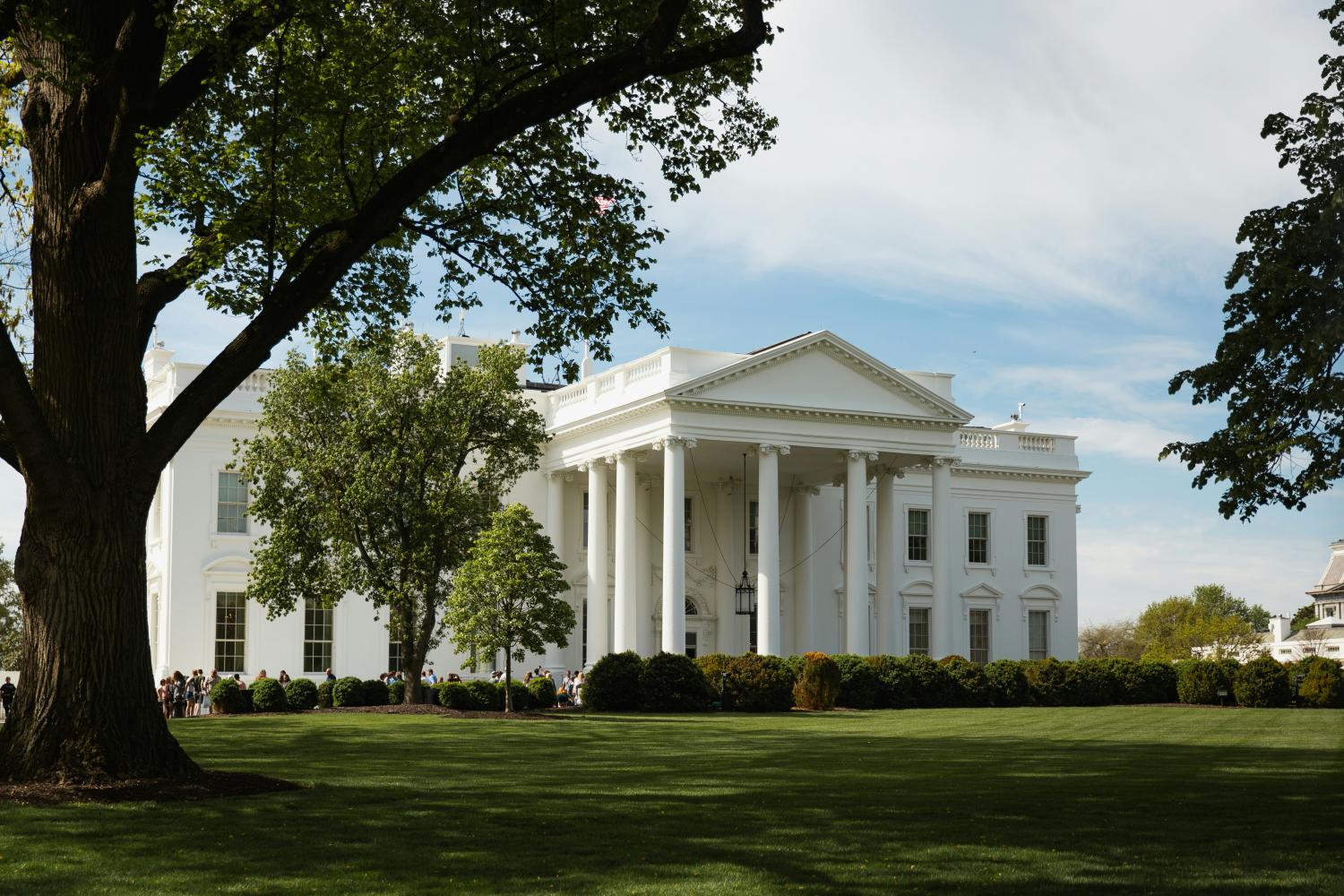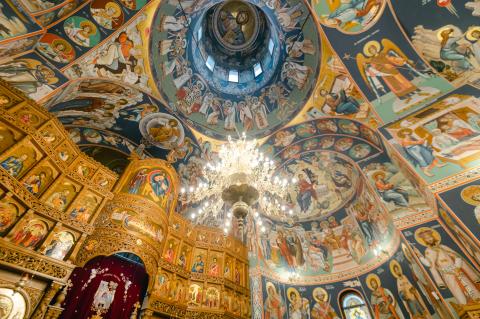
The long-awaited, sometimes-anticipated and sometimes-dreaded 2024 presidential election results are in, with President Trump’s return to the White House tending to inspire that same mixture of anticipation and dread as it did in 2016 (this CNA piece, for instance, crunches some of the numbers for general as well as Catholic voting trends). In the meantime, some are encouraging a more distanced response, this Public Discourse piece suggesting, for example, that we maintain the peace and graciousness that remain ever in our power: “If today we are tempted to gloat or despair, curse or mock, it would be far better for ourselves and our children to quietly pray or study, rake the leaves, invite a neighbor to dinner, play a game, or work in the garage: all the things that a self-reliant, free, and sober people do.”
But where are we to find it in us to maintain this kind of peace? The drama of responses to this presidential campaign and its results is, in many ways, well-justified: the political realm is hugely important, coming to bear upon the flourishing, security, and livelihoods of people in significant, concrete ways. A lot is at stake. To ignore or falsely diminish that would not be virtue. So whether elated or disheartened, how are we to get on with our lives in the midst of watershed moments like this?
The solution isn’t to try to vaguely and abstractly calibrate a rightly level-headed response, which may well lead to a simply lax, but unprincipled attitude about politics. Rather, moments like this invite us to do something we should do as often as we can, in our Christian lives: set before our minds the truth about where the ultimate grounds of our hopes and disappointments lie. For Christians, those grounds are found in the invisible world, in a transcendent vision of things, that sees the successes and failures of human life as coming to bear upon eternal destinies that are nevertheless held in the providential hand of God. That vision, and our real, transcendent destiny, is what gives meaning to the events of our temporal order, and its decisive importance is the reason we need not be ultimately disturbed by the ongoing, often embattled, necessarily imperfect political battles we face, even as we do take them rightly seriously.
Of course, this is not the common view of things in the United States at the moment. For many, perhaps most, the stakes of political victory or defeat have taken on massive significance, at least in part because of the absence of a serious vision of a world that goes beyond our material one. And while Christians can’t do everything to alter that situation, contingent as it is on the personal faith or lack of it in millions of people, this is a moment where we can assume a stance of insistent, joyful witness: of the truth that politics are important, but not ultimately so; that they are worthy of serious attention, but not our fundamental hope. It’s true that those who put great stake in elections like Tuesday’s are inevitably courting despair, since political victories and defeats come and go with each passing election cycle. But there is a hope and joy available that is both interested in and undisrupted by such battles, and which does not require indifference, but only renewed vision. And Catholics – with our understanding of the Church, the Kingdom of God, eternal life, and the current temporal order – have the resources to offer that vision, as well as its inroads to just that kind of sturdy, rooted hope.
And here, perhaps, is one small way we can cultivate such a spirit: the peace and vision our faith gives enables a spirit of right charity and fraternity in spite of any political turmoil that arises, such that we can recognize that any political opponents, even those espousing objectively immoral goals, are still immortal souls for whom we should be praying and for whom we hope for conversion and faith. We fight political battles with energy and conviction, therefore, but not with the contempt and hatred of opponents that so characterizes the gnostic religious world we are increasingly inhabiting. We extend to them genuine goodwill, and hope for their embrace of God’s plans for them.
With a firm foothold in the Kingdom of God, then, and with equanimity and boldness and joy in our fight and in our prayers, let’s let this election be an occasion for authentic, extraordinary Christian witness, witness of not just our stance on political issues, but of our deepest, most cherished stance: which speaks to who we most truly are – immortal sons and daughter of a saving God – and to where we’re ultimately headed, well beyond the confines of our limited, perishable republican democracy.
Bishop Barron offers insights on the conclusion of the Synod on Synodality that are helpful for understanding synodality in general and this synod in particular. Another author explains why the conclusion of the synod didn't bring about the massive reforms or "new news" some anticipated (or feared), positioning the event thoroughly within the tradition of the Church.
Self-governance doesn't merely mean the ability to vote. How have trends in the news media and a culture overly focused on spectacle inhibited our ability to order our lives and society?
On Tuesday, seven states voted to expand abortion and three states voted to remove traditional definitions of marriage from their constitutions.
A former radical feminist who desecrated the Cathedral of Notre Dame in Paris in 2013 has apologized to Catholics, explaining how her vision of the world has changed over the last decade.


